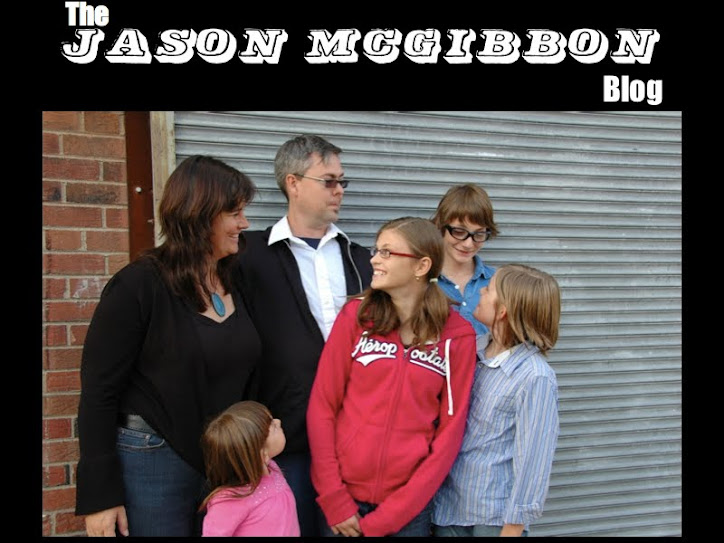
For those of us who remember the 1940’s and 1950’s, there are no doubt memories of the soda jerk, the guy who worked the soda fountain at the drug store. It was a highly coveted position and a definitely a pop culture icon. Strangely, although once a very sought after title, I am not sure how I would feel about being called a jerk today. If I were to call my kids a jerk, I am quite sure that ice cream sodas would not be the first thing that jumped into their minds. It is funny how language changes over time, how it evolves. It got me thinking about the bible that I read. I use a fairly new translation in contemporary English. When I compare it with another English translation such as the King James Version for example, which bares the date 1611; there are significant differences in language. Though they are both English, it can seem at times like reading a different language!
The New Testament itself, in its original language, seems to highlight this same principle. Although the Old Testament was written in Hebrew (with a few passages in Aramaic), by the time the books of the New Testament were being written, Greek was a far more prevalent and commonly used language and thus became the primary language for their writing. Interestingly, the Greek used was not classical Greek but a popular form of Greek that emerged in post-classical antiquity called Koine Greek. The term means “common,” and was a common form of spoken Greek derived from the influence of different Greek dialects. It also became the unofficial second language of the Roman Empire and was thus widespread throughout much of the world to which the New Testament writers were writing. The languages of the New Testament seem to reflect the language of the world and culture it was written in, in order to be understood by the contemporary audience.
I am reminded of the importance of having good contemporary translations in all different languages, that are as true to the original meaning as possible, and yet in an understandable and relevant contemporary language. I am also reminded of the unbelievable access that we in the west have to such translations. We have multiple translations to choose from, with any colour or texture of cover to choose from. We have printed and digital, old and new, and just about any other variety you can think of. There are those throughout history and around our contemporary world, who would and have died for access to the bible, so let us not take it for granted!!!
The New Testament itself, in its original language, seems to highlight this same principle. Although the Old Testament was written in Hebrew (with a few passages in Aramaic), by the time the books of the New Testament were being written, Greek was a far more prevalent and commonly used language and thus became the primary language for their writing. Interestingly, the Greek used was not classical Greek but a popular form of Greek that emerged in post-classical antiquity called Koine Greek. The term means “common,” and was a common form of spoken Greek derived from the influence of different Greek dialects. It also became the unofficial second language of the Roman Empire and was thus widespread throughout much of the world to which the New Testament writers were writing. The languages of the New Testament seem to reflect the language of the world and culture it was written in, in order to be understood by the contemporary audience.
I am reminded of the importance of having good contemporary translations in all different languages, that are as true to the original meaning as possible, and yet in an understandable and relevant contemporary language. I am also reminded of the unbelievable access that we in the west have to such translations. We have multiple translations to choose from, with any colour or texture of cover to choose from. We have printed and digital, old and new, and just about any other variety you can think of. There are those throughout history and around our contemporary world, who would and have died for access to the bible, so let us not take it for granted!!!





No comments:
Post a Comment